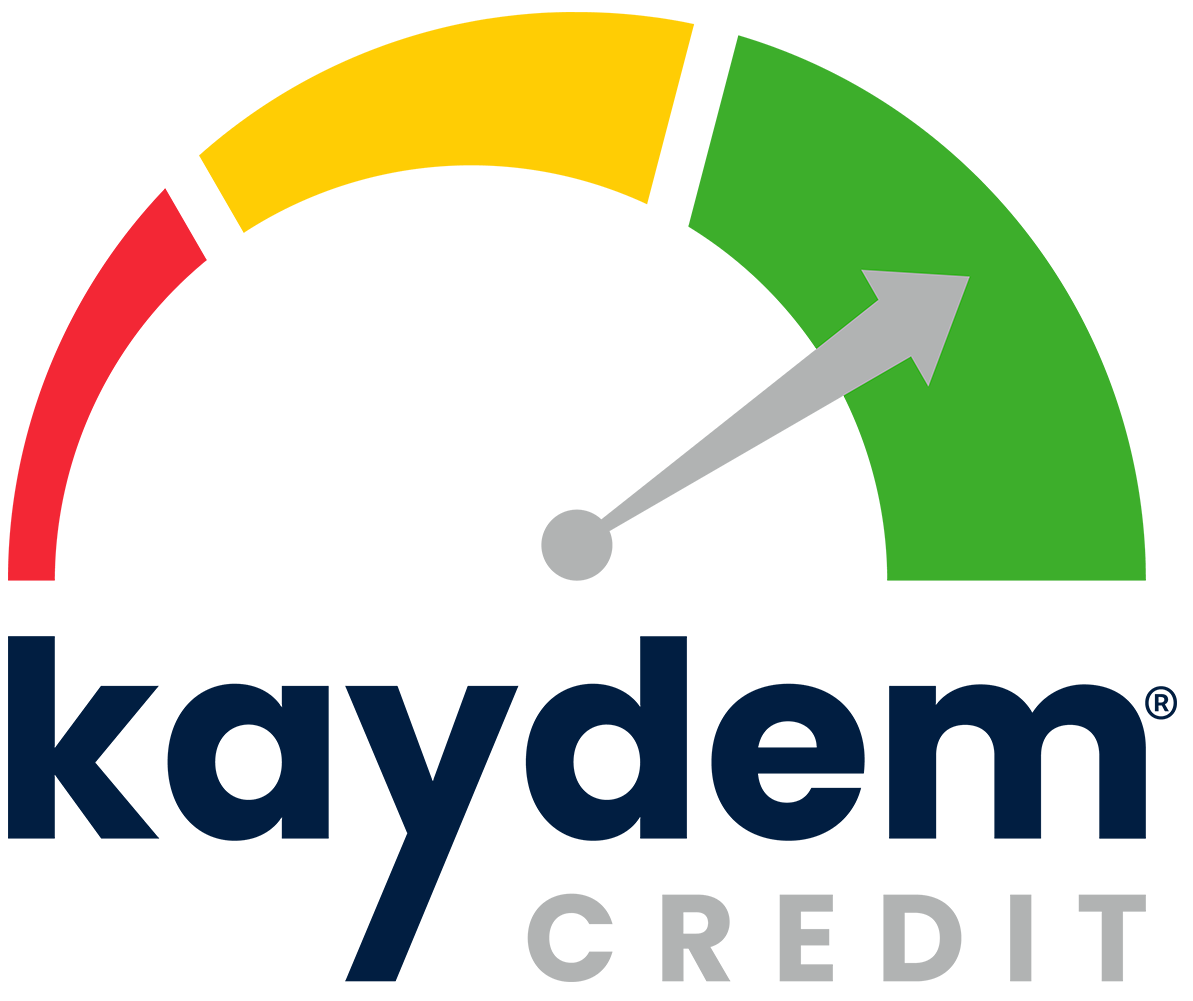In today’s uncertain world, protecting your finances is more important than ever. That’s where credit insurance comes in. Whether you’re obtaining a mortgage, a personal loan, or car financing, it can provide peace of mind by covering your outstanding debt in certain situations. But what exactly is credit insurance, and how does it work? This blog post aims to unravel the concept and provide a comprehensive guide tailored for consumers looking to safeguard their financial future.
What is Credit Insurance?
Credit insurance is a type of policy that ensures your debts are covered if certain unforeseen events occur. This can include anything from losing your job to experiencing a disability that prevents you from working. Essentially, it acts as a safety net for borrowers and lenders by mitigating non-payment risk.
Types of Credit Insurance
There are several types available, each designed to cover different scenarios, and understanding these types can help you determine which one best suits your needs:
How It Works
Credit insurance covers specific life events that might prevent you from repaying your debt. Common scenarios include:
Premiums and Payouts
Premiums are usually calculated based on the amount of debt, the term of the loan, and your age and health status. Submitting a claim entails providing the necessary documentation to verify the occurrence of the insured event. Once approved, the insurance company makes payments directly to the lender, ensuring your debt is covered.
Benefits and Drawbacks of Credit Insurance
Benefits
Considerations and Limitations
While credit insurance offers significant advantages, there are considerations and limitations to bear in mind:
How Credit Insurance Applies in Different Scenarios
Consumer Loans
Credit insurance is commonly applied in personal loans, mortgages, and auto financing. For instance, if you have a mortgage and something happens to you, it can ensure that your home is paid off, preventing foreclosure.
Business and Commercial Use
Credit insurance also plays a significant role in business financing. Companies often use it to protect against the risk of non-payment from clients, ensuring stable cash flow and reducing financial risk.
Comparing Different Insurance Products
Credit insurance is often compared with traditional life insurance, disability insurance, and emergency savings. While life and disability insurance offers broader coverage, credit insurance is specifically designed to cover debt. Emergency savings can also provide a buffer, but may not be sufficient for significant debts.
When deciding whether this is right for you, it’s crucial to evaluate your financial situation and needs. Consider factors such as the amount of debt, your existing insurance coverage, and your savings. This will help you make a well-informed decision tailored to your circumstances.
Regulation and Consumer Rights
Regulation and consumer rights play a vital role in the realm of credit insurance, aiming to safeguard the interests of consumers and promote transparency within the industry. These regulations are designed to ensure that policies are fair and clear and provide adequate protection for policyholders.
By enforcing regulatory standards, authorities seek to empower consumers by offering them the necessary information and safeguards to make informed decisions. Policies must adhere to these regulations, which mandate transparency regarding coverage, exclusions, premiums, and the claims process.
It is crucial for individuals considering this type of insurance to review policy terms and conditions meticulously. Understanding what events are covered, any specific exclusions that may apply, and the precise details of the claims process is essential. This thorough examination helps consumers avoid surprises when they need to file a claim, ensuring they can navigate the process smoothly and effectively to protect their financial well-being.
Being Proactive with Credit Insurance
Credit insurance can be a valuable tool for managing financial risks and protecting your loved ones from the burden of debt. By understanding what it is, how it works, and its benefits and drawbacks, you can make an informed decision that aligns with your financial goals. If you’re interested in exploring further, consider consulting with an insurance advisor to discuss your individual needs and find the best coverage for your situation.
Taking steps to protect your financial future today can offer peace of mind and security for tomorrow. Don’t wait until it’s too late—explore your options and ensure you’re covered.







